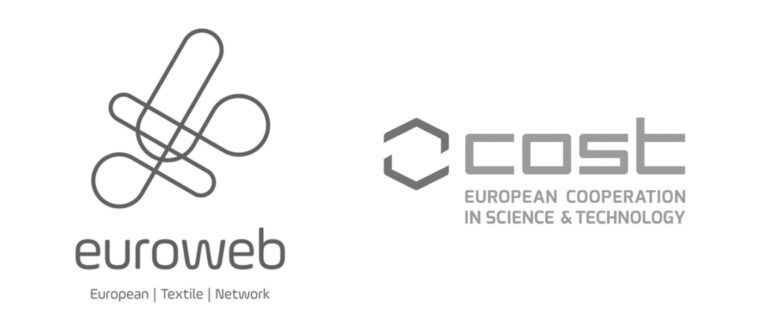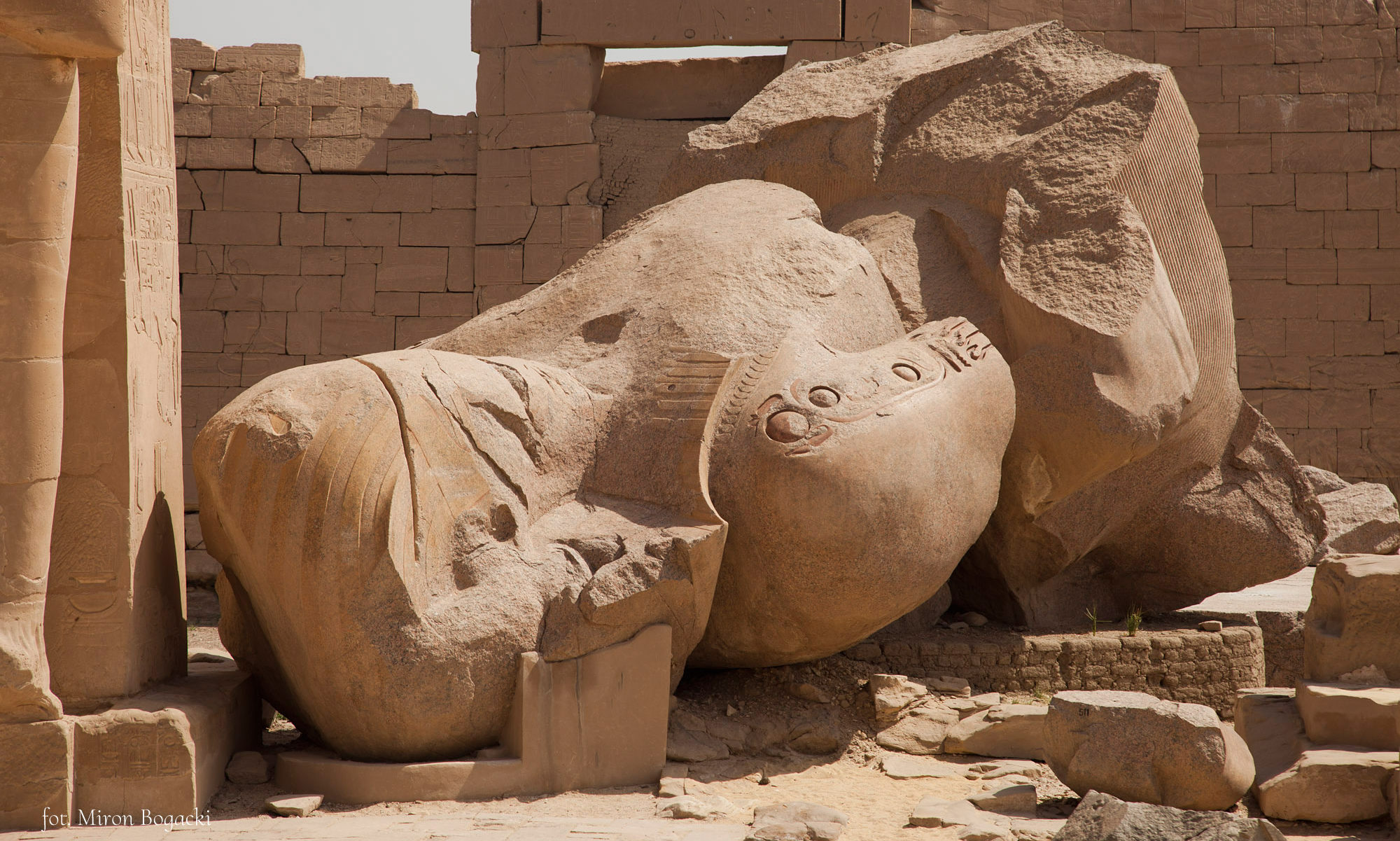Due to family reasons, Dr Stephanie Aulsebrook is canceling her classes and office hours for the week of November 18–22, 2024. However, the proseminar ‘Classical Archaeology’ will still be held and conducted by Dr Dagmara Wielgosz-Rondolino.
Déderix Sylviane
Dr. Sylviane Déderix
Department of Aegean and Textile Archaeology
Stanisław Ulam programme grantee, NAWA (2024-2026).
Email:
sylviane.dederix@gmail.com
Research interests:
– Aegean archaeology
– Burial practices
– Landscape archaeology
– Geomatics
– Metallurgical practices
Research project:
Mining districts in context. A multi-scalar and diachronic approach to Aegean metallurgical practices
Archaeological field projects:
– Since 2020: P.I. of the project “Minoan burial practices at Malia” (École française d’Athènes): https://www.efa.gr/section-categorie/pratiques-funeraires-a-malia-s-dederix/
– Since 2018: Director of the prehistoric team of the Thorikos Archaeological Research Project (Belgian School at Athens; dir. R. Docter): https://www.thorikos.be/
– Since 2008: Member of the Sissi Archaeological Research Project (Belgian School at Athens; dir. J. Driessen): https://sarpedon.be/
Selected publications:
Déderix S., Ralli P. & Bastide M. (eds), forthcoming. Unsung Pioneer Women in the Archaeology of Greece (proceedings of the first workshop on Women in the Archaeology of Greece (March 8, 2023), to be published in the Bulletin de correspondance hellénique).
Déderix S., 2023. Placing Tholos A at Apesokari: an analysis of visibility, intervisibility and invisibility, in: Flouda G., An Archaeological Palimpsest in Minoan Crete. Tholos Tomb A and Habitation at Apesokari (Prehistory Monographs 70), Philadelphia: INSTAP Academic Press, p. 21-30.
Schmitt A. & Déderix S., 2021. Too many secondary burials in Minoan Crete?, Journal of Anthropological Archaeology 64, article 101354 [https://doi.org/10.1016/j.jaa.2021.101354].
Déderix S., Papadimitriou N., Balitsari A., Cantoro G., Efstathiou A., Manataki M., Nazou M., Sarris A. & Laffineur R., 2021. Prehistoric Thorikos: preliminary report of the 2018 and 2019 fieldwork campaigns, in: Docter R.F. & Webster M. (eds), Thorikos: Reports and Studies 12, Louvain, Paris & Bristol: Peeters, p. 35-58
Déderix S., 2019. Patterns of visibility, intervisibility and invisibility at Bronze Age Apesokari (Crete), Open Archaeology 5, p. 187-203 [https://doi.org/10.1515/opar-2019-0014].
Dungan K., White D., Déderix S., Mills B. & Safi K., 2018. A total viewshed approach to local visibility in the Chaco World, Antiquity 92(364), p. 905-921 [https://doi.org/10.15184/aqy.2018.135].
Schmitt A., Déderix S. & Crevecoeur I. (eds), 2018. Gathered in Death. Archaeological and Ethnological Perspectives on Collective Burial and Social Organisation (Aegis 14), Louvain-la-Neuve: Presses Universitaires de Louvain.
Driessen J., Anastasiadou M., Caloi I., Claeys T., Déderix S., Devolder M., Jusseret S., Langohr C., Letesson Q., Mathioudaki I., Mouthuy O. & Schmitt A., 2018. Excavations at Sissi, IV. Preliminary Report on the 2015-2016 Campaigns (Aegis 13), Louvain-la-Neuve: Presses Universitaires de Louvain.
Déderix S., 2017. Communication networks, interactions and social negotiation in Prepalatial South-Central Crete, American Journal of Archaeology 121.1, p. 5-37 [https://doi.org/10.3764/aja.121.1.0005].
Déderix S., 2016. Traveling across archaeological landscapes: the contribution of hierarchical communication networks, in: Campana S., Scopigno R., Carpentiero G. & Cirillo M. (eds), CAA2015. Keep the Revolution Going. Proceedings of the 43rd Annual Conference on Computer Applications and Quantitative Methods in Archaeology, Oxford: Archaeopress, p. 555-565.
Déderix S., 2015. A matter of scale. Assessing the visibility of circular tombs in the landscape of Bronze Age Crete, Journal of Archaeological Science: Reports 4, p. 525-534 [https://doi.org/10.1016/j.jasrep.2015.10.021].
ACTS 4EU+ Alliance educational project Summer School at Athens – recruitment slot opens on June 2nd 2022
We welcome you to apply for the ACTS 4EU+ Alliance educational project Summer School at Athens (25-30 July 2022). The recruitment slot in USOS opens on 2/06-15/06/2022. For the details, please see the ACTS Summer School description in USOS: 2800-4EU-SUMS-ACTS.
Please note that students who wish to apply for the School must prove their participation in other courses offered by the ACTS project in winter or summer semester.
Kind regards,
ACTS UW Coordinator
Agata Ulanowska
New project: EUROWEB. EUROPE THROUGH TEXTILES: NETWORK FOR AN INTEGRATED AND INTERDISCIPLINARY HUMANITIES, CA 19131

We are proud to inform that the University of Warsaw became the grant holder institution for the COST (European Cooperation in Science Technology) action titled ‘EuroWeb. Europe Through Textiles: Network for an integrated and interdisciplinary Humanities’, CA 19131 (https://www.cost.eu/actions/CA19131/#tabs|Name:overview) in years 2020–2024. Dr Agata Ulanowska from the Faculty of Archaeology is a Chair of the EuroWeb Management Committee.
EuroWeb fosters a pan-European network of scholars and stakeholders from academia, museums, conservation, cultural and creative industries. Scholars from several disciplines of the Humanities (philology, art history, archaeology, history), Social Sciences (social anthropology, ethnology, economics, law) and Natural Sciences (geochemistry, conservation, chemistry, biology) join forces to bridge current cultural, political and geographical gaps and facilitate interdisciplinary research leading to inspirational material for experts in the allied and applied disciplines of fashion, art and design.
The scholarly vision is to re-write European history based on textile massive production, trade, consumption and reuse of textiles and dress. The goal is to identify expertise across time in sustainable textile practices. For this purpose, ITCs are crucial for their experience in ancient techniques and cultural heritage in textile craft. EuroWeb offers multiple theoretical and practical training schools, mentors, targeted career development masterclasses for the ECIs, with the aim to increase EU funding for ITC scholars and ECIs. Each year, EuroWeb aims to host large international textile and dress conferences in the ITCs, to highlight their collections, capacities and scholarship. EuroWeb enables collaborations between researchers, engineers, scholars and other stakeholders and business by providing a platform for them to collaborate, co-create projects and training schools, and foster trust and shared ideas. Deliverables include collaborative publications, research workshops, theoretical reflection and advancement, digital infrastructure, EuroWeb digital Atlas, films and podcasts, and intense mentoring, training and career development for ECIs.

